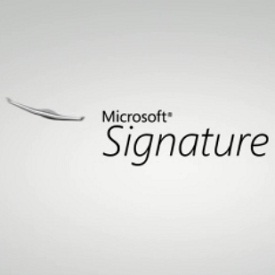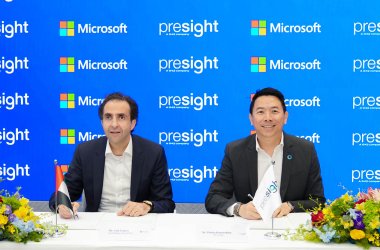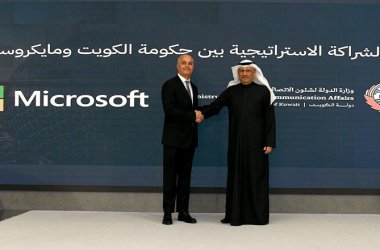 Microsoft has had the bloatware accusation thrown at it countless times but now the company reportedly wants to make money turning back the tide of PC-slowing software with a little-known service called ‘Signature’.
Microsoft has had the bloatware accusation thrown at it countless times but now the company reportedly wants to make money turning back the tide of PC-slowing software with a little-known service called ‘Signature’.
On offer for as long as a year but barely mentioned until now, Signature will be offered as a $99 (£62) service to users able to take their Windows computer to one of the company’s small clutch of US stores.
In return for this trek (or for buying a PC from it online in which case there is no charge), Microsoft techies will cleanse computers of bloatware and ‘nagware’ – “trialware and sample software” as Microsoft more politely calls it – often seen as a cause of user irritation and lower than expected PC performance.
Microsoft claims this could give laptops up to a 40 percent boost in startup speed, 51 percent in resume times and 23 percent in return-from-sleep responsiveness.
“Microsoft engineers have spent time carefully tuning your PC to help achieve maximum performance, as well as including software that makes it really fly,” claims the product marketing website.
The company said the service would also include the installation of Microsoft’s Security Essentials antivirus software, Office Starter Edition (with ads), Live Essentials, and Zune, which raises the immediate issue of what exactly constitutes ‘bloat’ in this context.
Security Essentials is a free security program that has been widely praised for its modest resource use compared to some branded rivals, but Zune and Office Starter Edition will be seen by others as the company planting unnecessary software on the users’ PCs.
Esteemed experts who’ve used the service report that the desktop and application set is stripped down from equivalents bought from other outfits, which adds up to improved performance.
Equally, however, the company has a reputation for adding plenty of hidden bloat of its own in recent years most notoriously with Windows Vista, an operating system so oversize the company has to invent Windows 7 as an excuse to strip out some of its NT-like excesses.
Linux users – who install the distribution and bundle from among many choices and then add only the software elements they really want – will laugh out loud at the idea of paying $99 to achieve the same with Windows.
In Techworld’s experience, popular desktop distributions of Linux (Ubuntu, Mint, Fedora) run happily on lower-specced machines than Windows, using far less memory and imposing less processor overhead in carrying out common tasks.
Nagging commercial programmes are unheard of and ‘bloat’ is at the user’s discretion.
Meanwhile, most users – even non-experts – could save money by removing Windows bloat themselves, although this does take time.
We should also repeat that the service is not charged for if the PC is bought direct from Microsoft, a sales channel not yet offered in the UK. This makes Signature a US-only service for now.
In future, Microsoft UK might ‘do an Apple’ and start offering consumer-friendly Windows installations as part of a drive to banish the worst excesses of the old Windows era.
Cynicism aside, the appearance of Signature could be another sign that the old Microsoft that fired huge operating systems at its users with little regard for what was actually being asked for, might be on the way out at last; if the PC buyer wants a clean desktop, he or she should get it.





